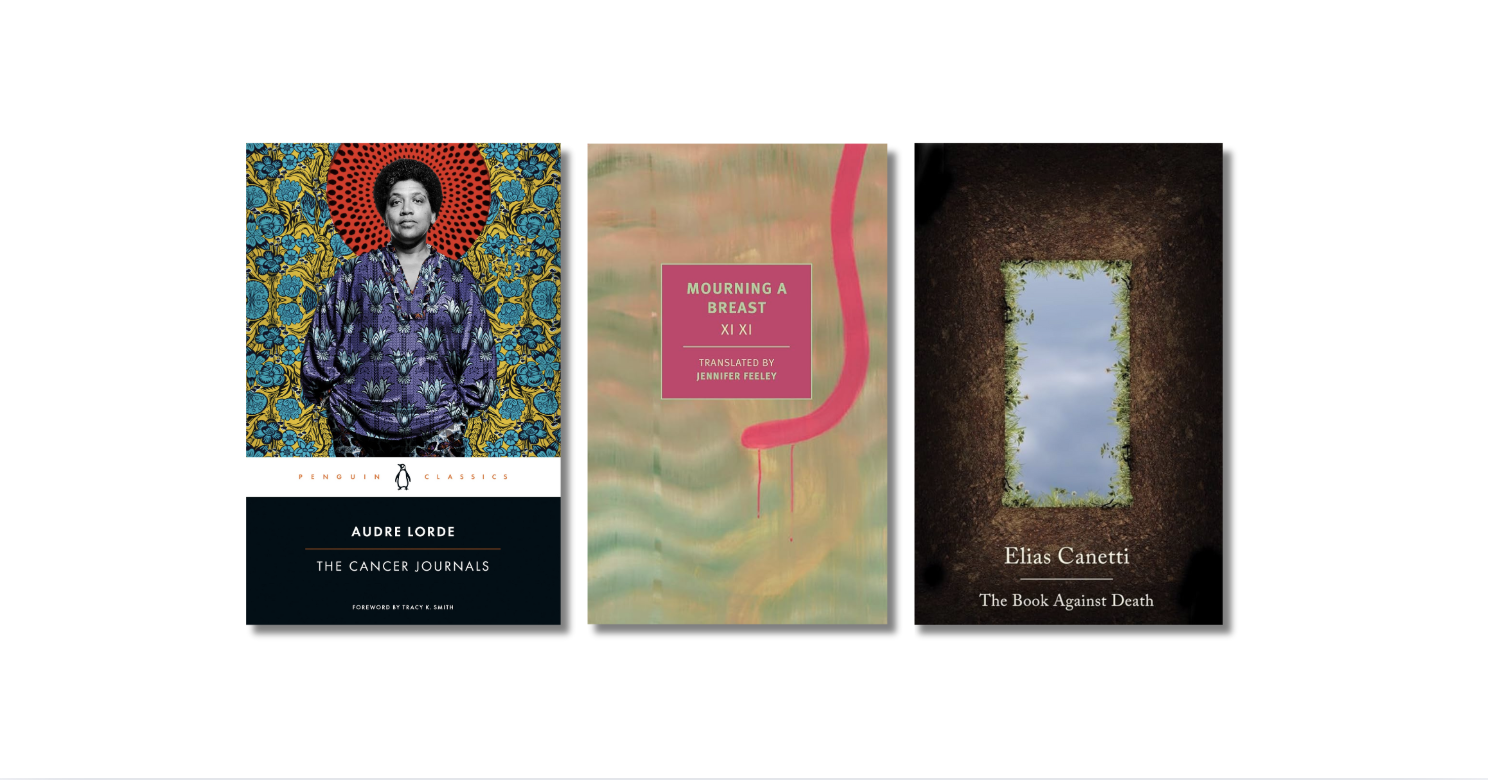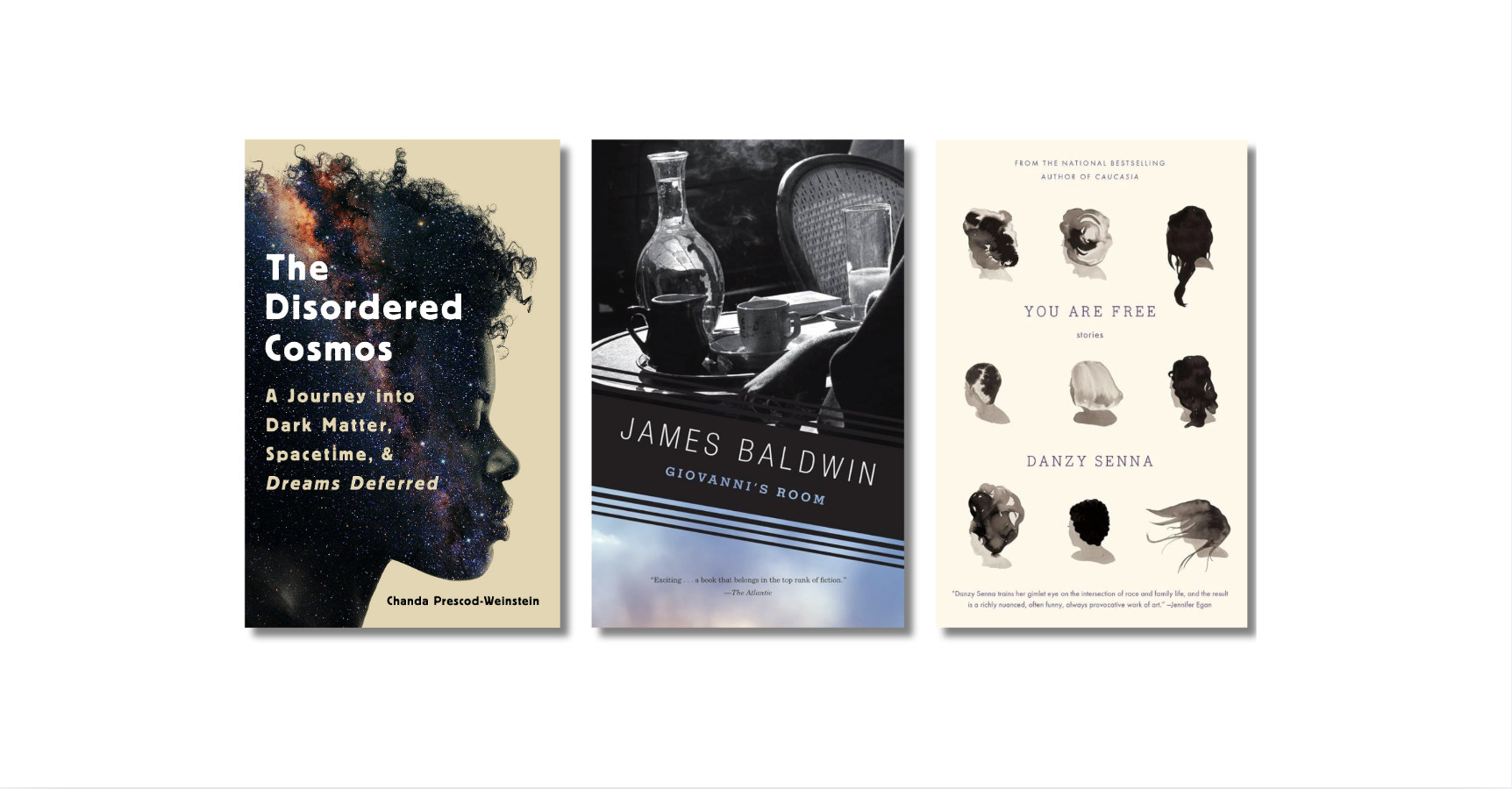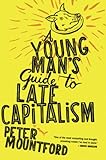 Herman Melville wrote, “To produce a mighty book, you must choose a mighty theme. No great and enduring volume can ever be written on the flea, though many have tried it.” The realm of great literature covers death, love, religion, war, sex, and politics, but rarely economics. There are novels that tackle money and greed, but usually not from an insider’s perspective. Peter Mountford hopes to change that with his debut novel, A Young Man’s Guide to Late Capitalism. Mountford’s views are formed not by cursory glances at Paul Krugman and Noam Chomsky, but with acuity worthy of The Black Swan author Nassim Taleb.
Herman Melville wrote, “To produce a mighty book, you must choose a mighty theme. No great and enduring volume can ever be written on the flea, though many have tried it.” The realm of great literature covers death, love, religion, war, sex, and politics, but rarely economics. There are novels that tackle money and greed, but usually not from an insider’s perspective. Peter Mountford hopes to change that with his debut novel, A Young Man’s Guide to Late Capitalism. Mountford’s views are formed not by cursory glances at Paul Krugman and Noam Chomsky, but with acuity worthy of The Black Swan author Nassim Taleb.
Mountford, whose father worked for the International Monetary Fund, studied international relations and became the “token liberal” at a think tank. He has lived in Sri Lanka and spent time in Ecuador researching the country’s development. He understands how markets function. Mountford weaves his knowledge into a captivating tale about an American in La Paz, Bolivia, during Evo Morales’s rise to the presidency and offers a twist to the conventional “love or money” saga. Mountford and I recently met at the Tin Hat, a great dive bar in Seattle’s Ballard neighborhood. We took advantage of cheap beer and eats, and talked about the pros and cons of wealth and romance.
The Millions: Why do literary works generally avoid economics?
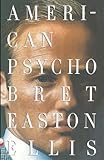
 Peter Mountford: Finance and economics are complicated and often poorly understood, for one thing, and they’re not thought of as sexy, for another. People, especially of an “artistic” inclination, are proudly dismissive of economics– they paint it as boring – it’s either viewed as nerdy, in the unattractive way, or it’s associated with these cartoonish preppy monsters – like in The Bonfire of the Vanities or American Psycho.
Peter Mountford: Finance and economics are complicated and often poorly understood, for one thing, and they’re not thought of as sexy, for another. People, especially of an “artistic” inclination, are proudly dismissive of economics– they paint it as boring – it’s either viewed as nerdy, in the unattractive way, or it’s associated with these cartoonish preppy monsters – like in The Bonfire of the Vanities or American Psycho.
This is nonsense. A cursory glance at our recent history reveals that economics and finance are not just the engines of our era, not just what defines virtually everything about our time, but they’re also spectacularly dramatic. It’s not abstract. Not just a guy with a calculator. It’s very emotional and makes and breaks the lives of – well, everyone.
One example: Bernie Madoff’s son put his kid to sleep and then went to the next room and tried to hang himself. But his noose broke. So, he picked himself up off the floor and scoured the apartment until he found a stronger implement, something that would hold his weight better, but the second one broke, as well. Finally, he found a sturdy enough object, a dog leash. And that’s how he killed himself. Broken nooses scattered around the apartment, his child sleeping twenty feet away, it was like slapstick, except that it’s unimaginably horrific.
Think about the bailout negotiations that happened between the Greek finance minister and the IMF team. They sat down in a room for a few days to figure out how they were going to solve that problem. Those people have lives: children, spouses, friends – and they’re in this ludicrous situation together. I’ve never read a book that attempts to comprehend that kind of material.
When I was in college, I took a class on 20th Century Mexican history. We got up to about 1970 and then the professor halted class, and basically said, “Look, if you haven’t studied macroeconomics or international economics, you’re not going to be able to follow much of the rest of Mexican history…best of luck.”
TM: Without giving too much of your novel away, your protagonist’s moral ambiguities might make him difficult to embrace. Do you think there’s a commercial interest, even in higher literary circles, for books to have “happy” or “noble” characters and an upbeat conclusion?
PM: Yes, there’s no question that such a bias exists – and it’s not even just to do with the end of a book, but the very fabric of it. It’s no different than what you find in the film business, where financial success requires the product to be marketable to a known audience of book buyers and also…entertaining. An editor who rejected my book said she wanted the character to be more like James Bond. Then she backed away, fearing that she sounded like an idiot, which she did, but the point had been made. You can’t blame publishers for wanting to remain in business. The fact is, 95% of books bomb. A certain kind of reader, a very common kind, reads literature to get away from the world. Even when they read something artistically ambitious, they want to escape from the world. It’s a difficult contradiction for writers to address.
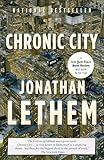
 That’s why there’s so much fantasy and historical fiction. Even among more straightforward literary fiction, a lot seems willfully antique. The world most people live in has more in common with The Office than, say, Faulkner’s Absalom, Absalom!. But think of how uncommon it is to read a book about someone’s office job. Then count how often a debut author gets compared to Faulkner. One book that I think did a superb job of satisfying the escapist need and the desire to provide more than re-heated Sherwood Anderson was Jonathan Lethem’s Chronic City. It was a deeply escapist fantasy of this beguiling and cushy life in Manhattan, a very fun place to frolic in while you’re reading, but beneath that seductive veneer the book became a savage critique of that very escapism, of our blinkered philistinism. I loved that book.
That’s why there’s so much fantasy and historical fiction. Even among more straightforward literary fiction, a lot seems willfully antique. The world most people live in has more in common with The Office than, say, Faulkner’s Absalom, Absalom!. But think of how uncommon it is to read a book about someone’s office job. Then count how often a debut author gets compared to Faulkner. One book that I think did a superb job of satisfying the escapist need and the desire to provide more than re-heated Sherwood Anderson was Jonathan Lethem’s Chronic City. It was a deeply escapist fantasy of this beguiling and cushy life in Manhattan, a very fun place to frolic in while you’re reading, but beneath that seductive veneer the book became a savage critique of that very escapism, of our blinkered philistinism. I loved that book.
TM: You mention Che briefly in the novel, alluding to why he failed in Bolivia, leading to his eventual death. How should history look at Che?
PM: He was an incredibly interesting guy…a passionate idealist who got distracted by the adventure of war. After Cuba, he went looking for that feeling, building up ragtag bands of revolutionaries and heading off to the mountains to wage a guerrilla war.
You know, when he went to Bolivia, I think he sort of knew he was going to die. What happened, though, was quite instructive about the limits of rigid ideology. He thought Bolivia had all the elements that Cuba had: disenfranchised poor people in a small country, lots of hills and jungle, a long history of wanton exploitation. But Bolivia had undergone a different revolution not long before, they felt like they’d done that, they’d already ousted the fuckers. So, when Che came along telling them it was time to get rid of their oppressors, the Bolivian peasants called the cops. The cops called the CIA and then he was dead.
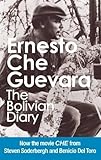 TM: Distracted by the “adventure of war”? I hope that’s a euphemism. Che has been romanticized. I lived in Argentina, traveled through Bolivia, and while there bought and read a copy of Che’s Bolivian Diary. Che’s ideology evolved into one reminiscent of Abimael Guzman of the Shining Path. In Havana, he oversaw executions. He lost most of his humanity by the time he reached Bolivia. Why does literature insist on ennobling him?
TM: Distracted by the “adventure of war”? I hope that’s a euphemism. Che has been romanticized. I lived in Argentina, traveled through Bolivia, and while there bought and read a copy of Che’s Bolivian Diary. Che’s ideology evolved into one reminiscent of Abimael Guzman of the Shining Path. In Havana, he oversaw executions. He lost most of his humanity by the time he reached Bolivia. Why does literature insist on ennobling him?
PM: Yes, that’s a euphemism. What I mean is that, like you say, he became a warrior, a person who lived for battle. Of course he believed in what he was fighting for, but the fight became the main thing. People ennoble him because he’s like William Wallace, or any doomed crusader for justice. Plus, it’s easy to hate the CIA, and when you find out that they sawed the hands off his cadaver and sent them along to Argentina and then Cuba, basically as a warning – well, that’s ghastly. Still, that doesn’t mean Che was a good guy and the CIA were bad guys. Life does not provide actual heroes or villains, unfortunately.
TM: Developing countries don’t react well to infusions of money… corruption is rampant and often increases, benefiting the oligarchy and not the common person. How should wealthier nations appropriate aid, and how important and effective are microloans?
PM: Indeed, corruption has been the ruin of an amazing number of would-be success stories. The aid organizations have a hell of a time working with and against those forces, from what I gather. In Sri Lanka, I heard a story about a project, partially financed by a major aid institution. The plan was to get cell-phone towers into rural areas, but they found they had to bribe a complex and changing array of officials in each zone, and the officials had different expectations, different limitations. It took years and years and people were getting replaced, so they’d have to bribe the new guy. Finally, they bribed someone higher up in the government, who then got the lesser officials on board and the project was finished in a few months.
Microloans are fantastic. There are different models: the not-for-profit microloans and the for-profit microloans and there’s a healthy argument underway about which is better. I’m not sure, personally. I did a research project once on a for-profit micro-bank that was administering a subsidy for housing in Ecuador. People were to get cheap houses and the bank would make money, and it should have been wonderful. The subsidy was financed by USAID in a soft loan, but the architects of the project in DC hadn’t done enough research. In order to qualify for the loan you had to have saved five thousand dollars, and you had to earn less than a certain amount, and it was a ludicrous combination of criteria. The bank had zero applications for the subsidy in the month that I worked on it.
TM: What countries’ development would you point to as success stories?
PM: Chile is my example. In the 1990s they taxed any foreigner who invested in the country and then yanked it out in under a year, safeguarding against speculative foreign investment. As a result, they didn’t enjoy the wild bonanza a lot of other countries had, but they also didn’t get demolished during the Asian crisis. Once the bubble burst, the emerging markets started reeling as capital fled back to Wall Street, and Chile removed that tax since it was no longer necessary. It was a modest policy to limit exposure to frenetic hedge fund activity, and it worked: they didn’t implode.
TM: Your novel follows Gabriel as he decides whether or not to forsake “love” for money. What’s more important? Money or love?
PM: Love is better, unless you’re in sub-Saharan Africa, then money trumps. Also, if your lack of money ruins your love…since money problems are the number one source of fights between married couples, then that’s a problem. I think Gabriel’s question is a bit more complicated. He’s in his mid-twenties, you know, so love will probably come along again, but financial opportunities like his don’t grow on trees.
TM: I think that’s one of the things about Gabriel that made him genuine, his take on the fleetingness of love…that it’s easy come easy go. People in love can suffer, but people with money rarely suffer, although they seem less happy. Your novel concludes with a powerful statement about money and the…er, soul. What are your own personal desires for wealth?
PM: You know that Liz Phair song “Shitloads of Money?” The chorus goes: “It’s nice to be liked / But it’s better by far to get paid / I know that most of the friends that I have / Don’t really see it that way / But if you can give ’em each one wish / How much do you wanna bet? / They’d wish success for themselves and their friends / And that would include lots of money.”
Personally, I’d like to be on the next financial plateau. I think all my problems would be solved if I could just get there. But I know once I got there I’d just want to be up one more step. It would be nice to get away from that paradigm, somehow. Any suggestions?

